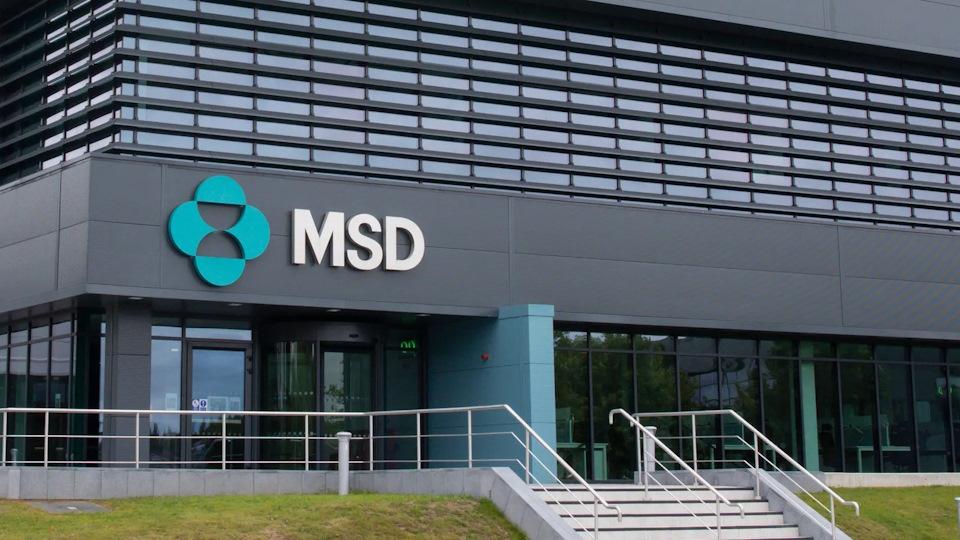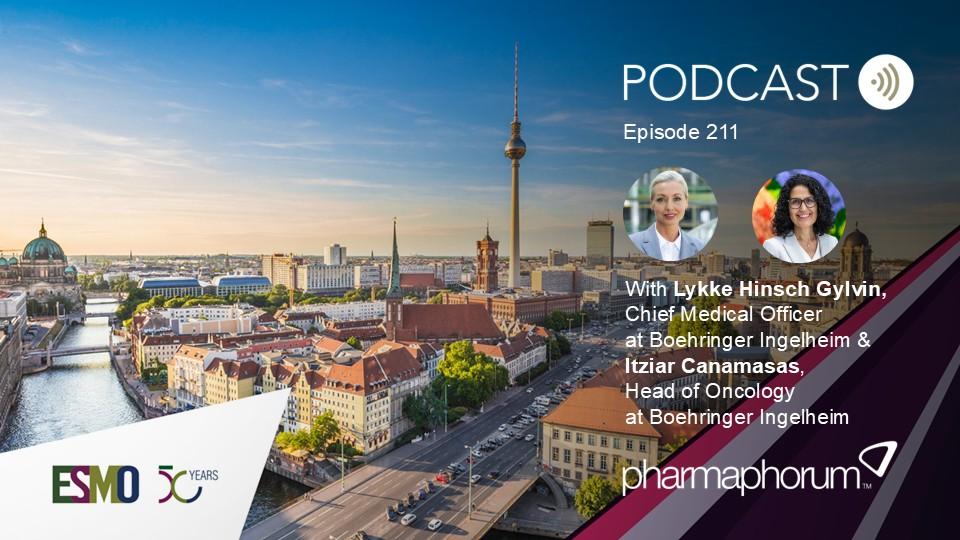WCLC: MSD/Daiichi build case for phase 3 ADC for lung cancer

MSD and Daiichi Sankyo have revealed some of the clinical data that prompted them to start pivotal testing of ifinatamab deruxtecan (I-DXd) in patients with previously treated, extensive-stage small cell lung cancer (SCLC).
At the World Conference on Lung Cancer (WCLC) in San Diego, interim results from the dose optimisation part of the Ideate-Lung01 trial showed the benefit of the 12 mg/kg dose of the antibody-drug conjugate (ADC) that the companies recently took forward into phase 3.
After a median follow-up of around 15 months, the overall response rate (ORR) with I-Dxd 12 mg/kg was 54.8%, clearly better than the 26.1% seen with a lower 8 mg/kg dose, and all partial responses. Add in stabilised disease, and the disease control rate (DCR) for the two doses was 80.4% and 90.5%, respectively. There was also one complete response in the 8 mg/kg dose group.
The median duration of response was lower in the higher dose group – at 4.9 months compared to 7.9 months – but progression-free survival was higher at 5.5 months versus 4.2 months, as was median overall survival at 11.8 months and 9.4 months, respectively.
The results – particularly for the higher doses – were "really impressive" in the context of the patients enrolled into the trial, who had received between one and three prior lines of chemotherapy, according to Charles Rudin of Memorial Sloan Kettering Cancer Center in New York, who presented the data at WCLC.
On safety, there was a case of interstitial lung disease (ILD), a side effect that has been seen with other ADCs using Daiichi Sankyo's deruxtecan payload, like AstraZeneca's Enhertu (trastuzumab deruxtecan), which required treatment discontinuation. There were nine deaths across the two dose groups, with one deemed treatment-related (in the 12 mg/kg group).
Rudin said the side effects were in line with the experience of using other deruxtecan ADCs and there were no "great surprises", with gastrointestinal and haematological toxicities most common.
"Most patients treated for small cell lung cancer experience rapid progression of disease and there is a high unmet need in the advanced setting," he added. "These interim results from the first part of the IDeate-Lung01 trial suggest that ifinatamab deruxtecan could play an important role in treating patients with pretreated extensive-stage small cell lung cancer and further research is warranted."
MSD and Daiichi Sankyo started enrolling patients into the phase 3 Ideate-Lung02 study in the summer.
I-DXd targets B7-H3, a protein overexpressed on the surface of a wide variety of cancer cells that binds to the CD28 family of receptors, which includes PD-1, targeted by MSD's widely used checkpoint inhibitor Keytruda (pembrolizumab). MSD licensed rights to the ADC from Daiichi Sankyo last year as one of three candidates covered by a $4 billion upfront deal.
There are currently no B7-H3-directed medicines approved for the treatment of any cancer, although, there are plenty of companies with designs on bringing one to market, with clinical-stage candidates from GSK and MacroGenics.
SCLC is the second most common type of lung cancer, accounting for about 15% of all lung cancers, with overexpression of B7-H3 seen in around two-thirds of cases. It is an aggressive tumour, metastasising rapidly, and has a five-year survival rate of only 3%.












